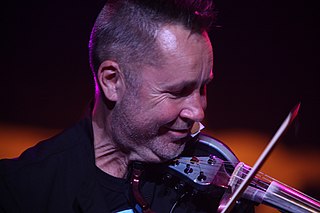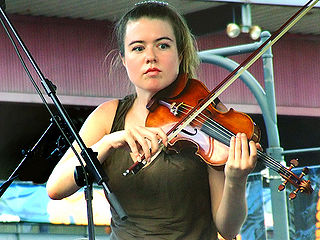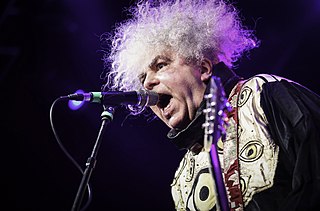A Quote by Brian May
I'm hopeless at playing scales. Try and be instinctive first and analytic afterwords, although it's good to study the theory of music.
Related Quotes
No disrespect to people that don't use music theory or don't know it. It does help to be able to figure out what key a song is in, even though with your scales you can figure it out so you can set your Auto-Tune right. So many songs with Auto-Tune are off or have the wrong note playing on the 808. And they pass it off as being hood.
Individual and team discipline ultimately come down to practicing a small set of principles over a long period of time. Success is not a matter of mastering subtle, sophisticated theory, but rather embracing common sense with uncommon levels of discipline and persistence. Said in yet another way, discipline is to an athlete what scales are to a musician. Mastering the scales is what allows the musician to perform music. Mastering the skills of self discipline is what enables a person to become an accomplished elite athlete.
"We hold these truths to be sacred and undeniable" in a draft of the Declaration of Independence changes it instead into an assertion of rationality. The scientific mind of Franklin drew on the scientific determinism of Isaac Newton and the analytic empiricism of David Hume and Gottfried Leibniz. In what became known as "Hume's Fork" the latters' theory distinguished between synthetic truths that describe matters of fact, and analytic truths that are self-evident by virtue of reason and definition.




































